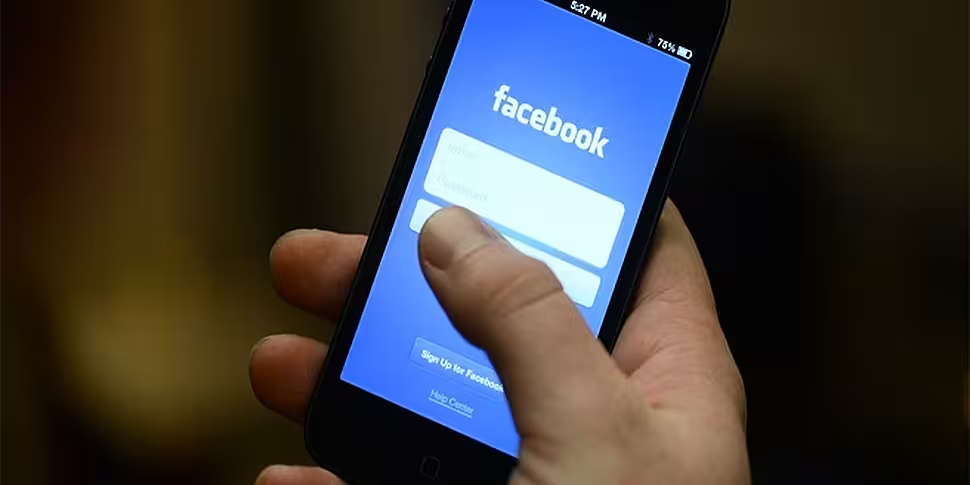Social media is where many of us live a significant portion of our lives. Birthdays, babies and blazing hangovers are all shared and spoken about online. Have you ever wondered what happens to all of these moments when you’re no longer alive to appreciate them?
Nobody expected “dealing with accounts of the deceased” to be the top priority of any of the social media platforms when they were first unveiled, but as time goes by, the issue has had to be addressed. This is a breakdown of what each digital platform offers and how.
Facebook:
Facebook has a menu of options available to users. Any Facebook member can inform the site if they would like to have their account memorialised or permanently deleted.
Memorialised accounts are a place for friends and family to gather and share memories after a person has passed away. Memorialised accounts have the following key features:
- The word Remembering will be shown next to the person's name on their profile
- Depending on the privacy settings of the account, friends can share memories on the memorialised Timeline
- Content the person shared stays on Facebook and is visible to the audience it was shared with
- Memorialised profiles don't appear in public spaces such as in suggestions for People You May Know, ads or birthday reminders
- No one can log into a memorialised account
If this doesn’t seem like your cup of tea, it’s possible to ensure the account is permanently deleted upon your passing.
To do this:
- Click the downward arrow on the top right of Facebook and click settings.
- From the left menu, click Security
- Click Legacy Contact
- Click “delete account permanently” and follow the instructions.
Users have the option of appointing a legacy contact. This is the person who will look after the account if it’s memorialised. The legacy contact cannot, however, log in, remove posts or read messages.
Note: You must be 18 or older to select a legacy contact.
Twitter:
Just like Facebook, Twitter allows users to appoint an executor or family member to deactivate their account. They will not, however, allow the executor to access the account. The company retains all of the information.

In the event of the death of a Twitter member, the company can work with the executor or a verified, immediate family member to deactivate an account. Twitter state very clearly that nobody can gain access to the account of a deceased person.
“For privacy reasons we are not able to provide access to a deceased user’s account regardless of their relationship to the deceased.”
Google:
Google, in case you didn’t know, is huge. Gmail, Google Plus, Piscasa and Drive are all owned by Google. They say they deal with each case individually and, just like the others, always retains all the data.
Google offers an “Inactive Account Manager” service. Account owners can appoint a person to be sent an email if the account is inactive for a certain period of time. The email contains a link from which content, defined by the account owner, can be downloaded.
iTunes:
It would appear that one’s iTunes library dies with them unless their chosen person or people has access to the Apple ID. It's important to remember, however, with Cloud computing these days, an Apple ID is also the password for an iCloud account that contains messages and photos.
The reason you can’t “pass on” an iTunes library is because you don’t actually own the music - you buy a licence to listen to it, but that licence is non-transferrable.










